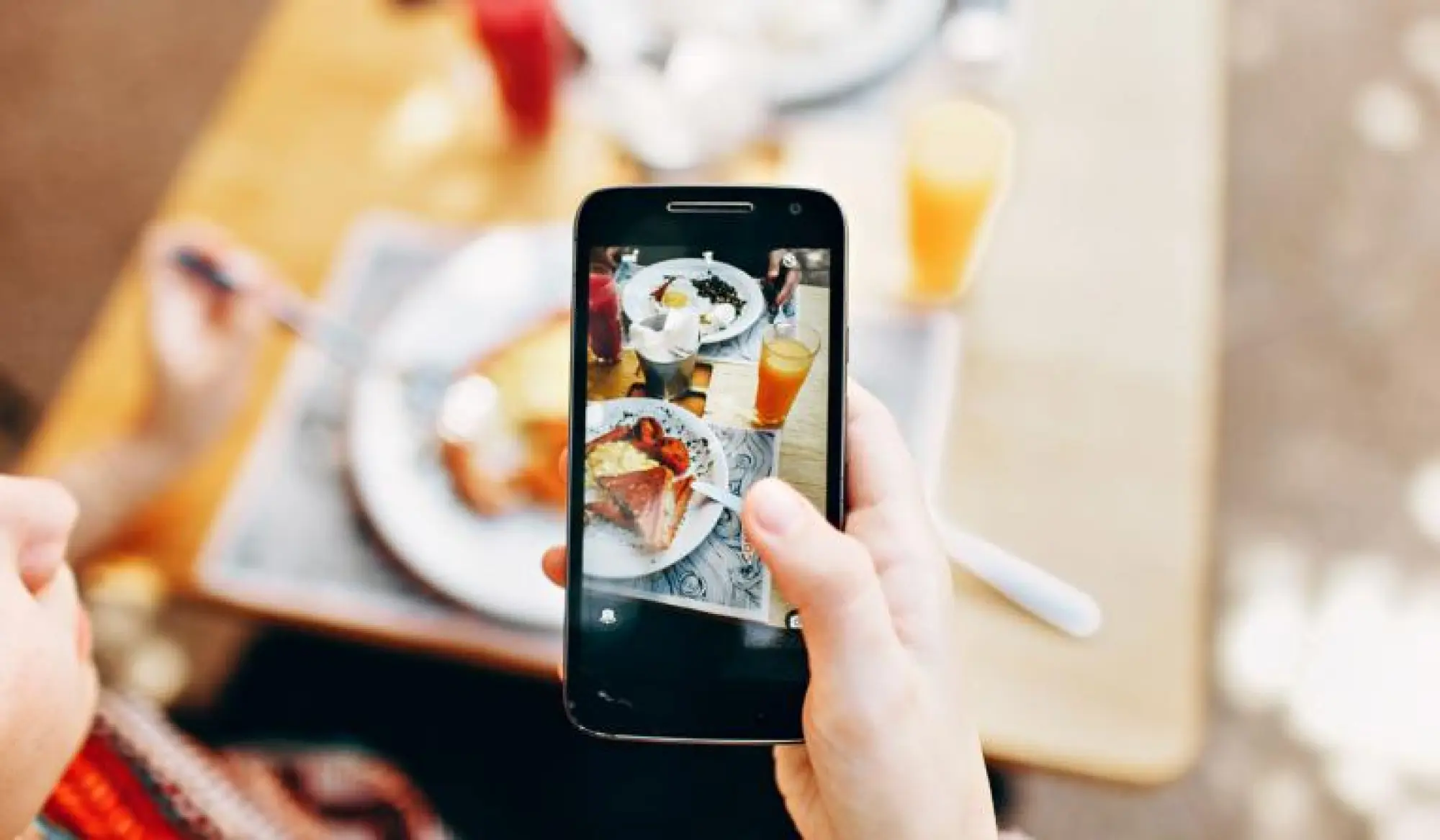With around 2 million apps at the disposal of the Apple or Android user of 2020, the task of choosing those worthy of populating your home screen has never been more difficult. The recent dramatic shift towards technological living is intimidating. Technology now infiltrates almost every aspect of human living. The medical field has proven one of the quickest industries to fully embrace this dramatic shift.
It is estimated that almost every third person worldwide has access to a smartphone in 2020. Smartphones have slowly but steadily replaced the personal assistant. Where once, we spent hours queuing to cash a cheque, we now deposit and transfer money at the tap of a button. Similarly, we tend to our personal health and wellbeing through the handheld device; from yoga classes to mindfulness, the smartphone now has an established role in bolstering our health and exercise regimens.
Diet and exercise apps are still in their formative years – rapidly growing in both complexity and popularity. The transition from paper to screen can be tough, but the benefits of tech and instantaneous data retrieval continue to present themselves. Here at Nutritics, we are on a mission to make food information accessible and valuable helping people to make more informed food choices. Smartphones are the ideal middle man between you and your clients – their prevalence in everyday life allows people to easily integrate nutrition goals into their daily routine.
What’s more, research shows that clients prefer tech over analogue solutions. A 2017 University College Dublin study assessed the validation and user evaluation of web-based dietary assessment tool “Foodbook24.” The research compared participant experiences using both Foodbook24 and a paper-based 4-day semi-weighed food diary at separate time points. A large majority, 67.8% of participants opted for Foodbook24 as the preferred method for future dietary assessment. Opting for a digital approach eliminates laborious paperwork associated with traditional ‘pen and paper’ approaches. The efficiency of nutrition apps allows “more time for dietitians to deliver education and nutrition counselling” to their patients (J. Chen 2018).
With increasing emphasis on adjunctive psychosocial support in nutrition, allowing time for holistic patient care has never been more important.
A 2018 study from the University of Hawaii assessed the accuracy of nutrient intake calculations from leading nutrition tracking applications. Research compared nutrient intake estimates from 30 24-hour dietary recalls using Nutrition Data System for Research (NDSR) with intake calculations from five popular free nutrition tracking apps available on the Apple App store. Findings showed a tendency among free nutrition tracking apps to underestimate nutrient quantities, across the board. Many apps permit the addition and publication of foods by users, meaning data could be derived from an unreliable source.
LIBRO was developed with a specific focus on addressing the limitations of both traditional dietary assessment methods and the quality of data from crowd sourced nutrition tracking apps. The development of LIBRO has benefited from years of working with healthcare and nutrition professionals world wide and showcases the Nutritics connect vision where stakeholders involved with food are connected to their customers using modern technology.
LIBRO is unique in its brand-new feature, dubbed ‘programs’ which allows health professionals to communicate with their patients in-app. Meal and exercise plans, useful articles or videos and meeting schedules can all be shared directly through ‘programs’. Health professionals can schedule notifications for their clients, reminding them to ‘take a ten minute post-lunch walk’, for example. Similarly, clients can contact their health professionals through LIBRO – this single channel approach to health professional-client communication makes LIBRO a one-stop-shop for clients looking to improve their health!
